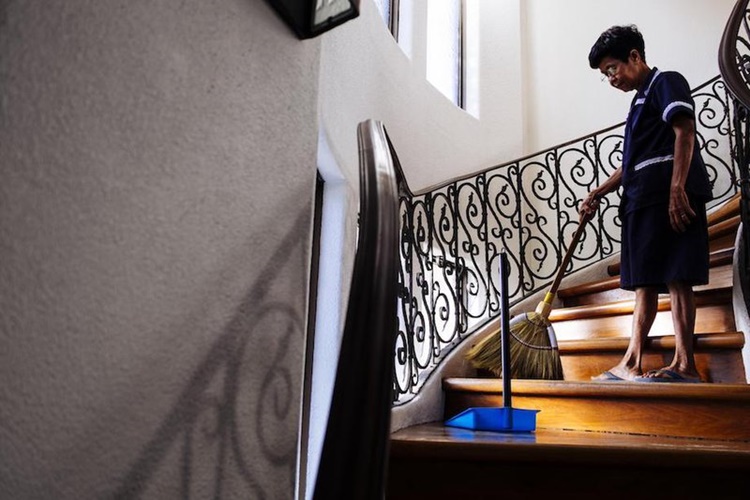Kasambahay in NCR to Receive Wage Increase
KASAMBAHAY – The domestic workers (kasambahay) in the National Capital Region (NCR) are set to see a wage increase.
Domestic workers in the National Capital Region (NCR) are set to see a wage increase as the Regional Tripartite Wages and Productivity Board (RTWPB) schedules a public hearing to address wage adjustments for “kasambahay” (domestic helpers). This hearing is scheduled for November 25 at the Philippine Trade Training Center in Pasay City.
The RTWPB, tasked with setting wage standards, is conducting this public hearing to gather insights from various stakeholders who have a vested interest in the well-being and compensation of domestic workers.

Based on a report from Philstar, the board highlighted the importance of public participation, inviting stakeholders to share their positions and concerns. Inputs from these stakeholders are essential in forming a balanced and sustainable new wage order, according to the board.
In addition to attending the public hearing, stakeholders are encouraged to submit written position papers before the meeting, ensuring that all perspectives are considered in the wage adjustment process.

This initiative follows a recent wage increase in January when the RTWPB approved an additional P500, raising the monthly salary for domestic workers in Metro Manila to P6,500. This adjustment reflects the board’s ongoing efforts to improve the economic standing of domestic workers amid rising living costs and economic challenges in NCR. The recent wage increase aimed to address inflation pressures and ensure a livable wage, though advocates argue that continuous adjustments are necessary to match the evolving economic landscape.
Similar wage adjustments have been seen in other regions, with wage boards across the Philippines implementing increases for domestic workers. Each region has unique economic conditions, and the respective wage boards take these into account when setting compensation standards to achieve fair and regionally appropriate pay for domestic workers.
According to the report, the upcoming public hearing represents a continued commitment to worker welfare in Metro Manila. The RTWPB’s approach emphasizes collaboration with stakeholders to develop policies that meet the needs of domestic workers while considering the capacities of employers. The board’s proactive stance on wage increases underscores the importance of providing fair compensation to a workforce that plays a vital role in the household economy across the region.
